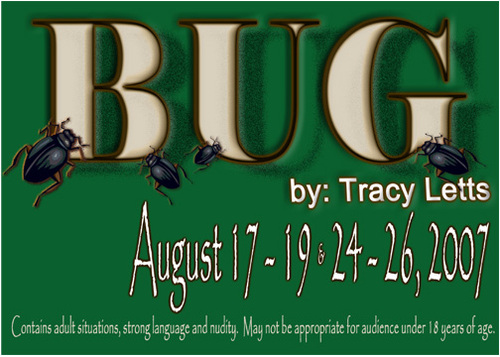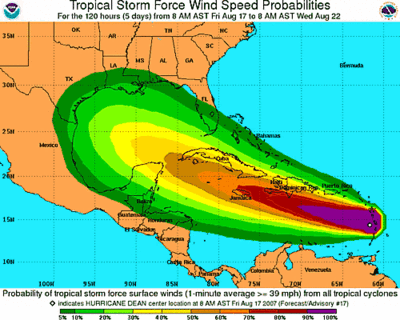I haven’t blogged much lately, mostly because I don’t have much to blog about. I haven’t been paying attention to the news. My guess is that things are relatively the same as always: a hurricane, a shuttle which may or may not land, some ’08 candidate saying something stupid… am I right?
But I did want to write my review of a John Adams composition.
Now, I had never heard of John Adams until late last week. I happened to hear him interviewed on NPR’s "Here and Now". He is a classical music composer, which is interesting enough. I mean, classical music composers are supposed to be dead and/or writing for movies. But Adams is a real composer. Unfortunately, modern classical music ("modern classical"?) is that dreadful atonal repetitive minimalism stuff. Like Phillip Glass.
But the Adams interview struck me for a couple of reasons. First of all, he wrote the opera "Nixon in China", which I had heard much about. Secondly, he won the Pulitzer Prize for music in 2003 for his composition On the Transmigration of Souls, a choral work commemorating the victims of September 11. I had heard it before, and actually kind of liked it.
Lastly and most importantly, I learned that he grew up in my home town of Concord, NH, AND he composed a piece about it.
Well, I had to check it out.
I finally found the composition on his album "My Father Knew Charles Ives". The work on this album is decribed as "the Ivesian mix of programmatic suggestion and spiritual transcendence". Wow. My hometown?
So I downloaded it from iTunes and gave it a listen. Would the piece evoke memories of the idyllic town I grew up in?
Well, here’s the long short of it. I don’t know about an "Ivesian mix of programmatic suggestion and spiritual transcendence". And my musically eclectic tastes are admittedly lowbrow at times. But that said, it was AWFUL.
The piece ("Concord"), a portion of which you can hear here, basically has two sections to it:
The first section evoked images that had nothing to do with Concord as I remember it. I hoped for something Appalachian Spring-ish, conveying a sense of autumn trees and wind and childhood whimsy.
But upon hearing it, all I could envision was a post-apocalyptic nightmare.
Imagine, if you will, those orcs from Lord of the Rings. Now, imagine them walking around Dachau, defecating on the burnt bodies of Holocaust victims, as the sky is red with fire and smoke. Now imagine the soundtrack to go with that. That was the first section of "Concord".
Pretty bad.
The second section was more uplifting, with the addition of more brass and a hurdy-gurdy carnival feel to it. But random. Oh, so random.
I can only describe it to you by proposing the following experiment:
Take a cassette tape of Leonard Bernstein’s "An American in Paris" and "On The Town". Cut the tape into one inch sections, creating a pile of thousands of little pieces. Now take those pieces and throw them up in the air. Then, gather them up, and splice them back together in whatever order you choose. Put in a cassette play (remember those?) and hit "play".
That’s the second section of "Concord".
Nothing against Adams. I really do like On the Transmigration of Souls and his Tromba Ionata — which I had heard before (you can hear some here) — is a well-deserved classic. But his piece inspired by my hometown? Well, it just made me want to kill myself. I didn’t even dare listen to "The Lake", a piece inspired by Lake Winnepasaukee.
 "24", the TV show that has caused the uber-right to air-punch with their fists and shout "America, Fuck Ya!" had a lackluster season last year. Apparently, there wasn’t enough torture porn for its rabid fan base.
"24", the TV show that has caused the uber-right to air-punch with their fists and shout "America, Fuck Ya!" had a lackluster season last year. Apparently, there wasn’t enough torture porn for its rabid fan base.











